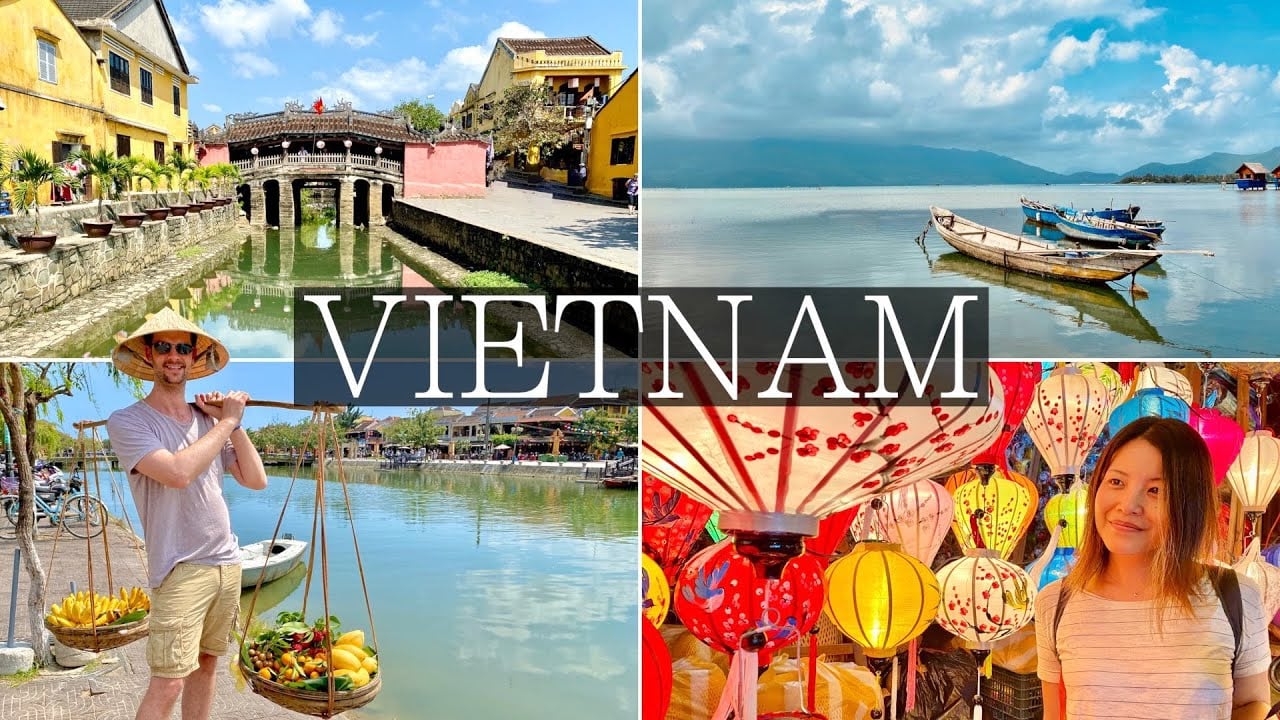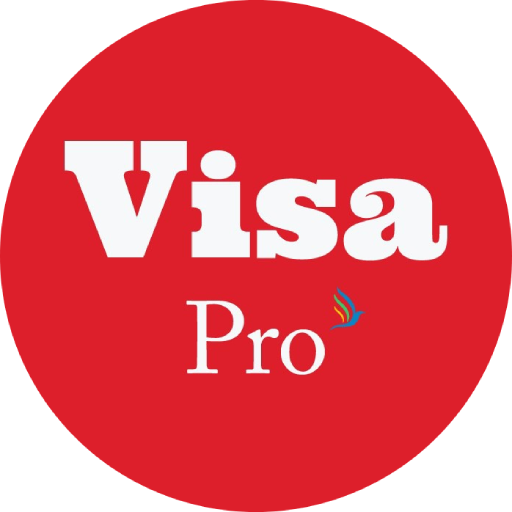Travel to Vietnam – Guidelines for Travelers
Guidelines for Travelers: How to Travel to Vietnam.

Vietnam, with its stunning landscapes, rich cultural heritage, and vibrant cities, continues to be a top travel destination. Whether you’re planning to explore the bustling streets of Hanoi, relax on the beaches of Da Nang, or immerse yourself in the historical charm of Hoi An, here are the essential guidelines to help you navigate your trip to Vietnam in 2024.
1. Visa Requirements
Depending on your nationality, you may need a visa to enter Vietnam. Here’s how to obtain one:
- E-Visa: Many nationalities can apply for a 30-90 days single-multiple entries e-visa online through the official website Vietnam E-visa. The process typically takes 3-5 business days.
- Visa on Arrival: You can also apply for a visa on arrival. This requires an approval letter obtained from a Vietnamese travel agency before your trip. You will need to present this letter upon arrival to get your visa stamped.
- Embassy Visa: Alternatively, you can apply for a visa at a Vietnamese embassy or consulate in your home country.
2. Best Time to Visit
Vietnam has a diverse climate, so the best time to visit depends on your destination:
- North Vietnam (Hanoi, Ha Long Bay): October to April, when the weather is cooler and drier.
- Central Vietnam (Da Nang, Hoi An): February to August, ideal for beach activities.
- South Vietnam (Ho Chi Minh City, Mekong Delta): December to April, during the dry season.
3. Health and Safety
- Vaccinations: Ensure you are up-to-date with routine vaccinations. It is also recommended to get vaccines for Hepatitis A, Hepatitis B, Typhoid, and Japanese Encephalitis.
- Travel Insurance: Obtain comprehensive travel insurance that covers medical expenses, trip cancellations, and other unforeseen events.
- Safety: Vietnam is generally safe for travelers. However, be cautious of pickpockets in crowded areas and always secure your belongings.
4. Transportation
- Air Travel: Vietnam has several international airports, including Noi Bai International Airport (Hanoi), Tan Son Nhat International Airport (Ho Chi Minh City), and Da Nang International Airport.
- Domestic Travel: For traveling within Vietnam, you can choose from domestic flights, trains, buses, or even motorbike rentals for short distances.
- Public Transport: In cities, use taxis, ride-hailing apps like Grab, or public buses for convenient travel.
5. Accommodation
Vietnam offers a range of accommodation options, from luxury hotels to budget hostels and homestays. Book your stay in advance, especially during peak tourist seasons.
6. Currency and Payment
- Currency: The official currency is the Vietnamese Dong (VND). ATMs are widely available, and credit cards are accepted in most hotels, restaurants, and shops in major cities.
- Cash: It’s advisable to carry some cash, especially when traveling to rural areas or small towns.
7. Cultural Etiquette
- Dress Modestly: When visiting temples or pagodas, dress conservatively by covering your shoulders and knees.
- Respect Local Customs: Always ask for permission before taking photos of people, especially in rural areas.
- Politeness: A simple smile and polite greetings go a long way in Vietnamese culture.
8. Must-Visit Attractions
- Hanoi: Explore the Old Quarter, Hoan Kiem Lake, and the Temple of Literature.
- Ha Long Bay: Take a cruise to see the stunning limestone karsts and islands.
- Hoi An: Wander through the ancient town, visit the Japanese Bridge, and enjoy a lantern-lit evening.
- Ho Chi Minh City: Visit the War Remnants Museum, Cu Chi Tunnels, and Ben Thanh Market.
- Phu Quoc Island: Relax on the pristine beaches and visit the night market.
9. Food and Drink
- Local Cuisine: Don’t miss out on trying Pho (noodle soup), Banh Mi (Vietnamese sandwich), and Bun Cha (grilled pork with noodles).
- Street Food: Enjoy a variety of street food, but ensure it’s from a clean and reputable vendor.
- Drinks: Drink bottled water and try local beverages like Vietnamese coffee and fresh coconut water.
10. Environmental Responsibility
- Sustainable Travel: Support eco-friendly practices by minimizing plastic use, respecting wildlife, and choosing sustainable tour operators.
- Waste Management: Dispose of trash properly and participate in local recycling programs where available.
By following these guidelines, you’ll be well-prepared to have a memorable and enjoyable trip to Vietnam in 2024. Safe travels!
Tags: vietnam travel, Vietnam work permit, vietnam business visa, Vietnam visa online, emergency visa vietnam, urgent vietnam visa, Emergency Vietnam eVisa, evisa vietnam, emergency evisa vietnam, vietnam visa extension, Expedited Vietnam evisa service, visa vietnam, Travel to Vietnam, vietnam immigration
 icon-lightbulb-o
icon-lightbulb-o

